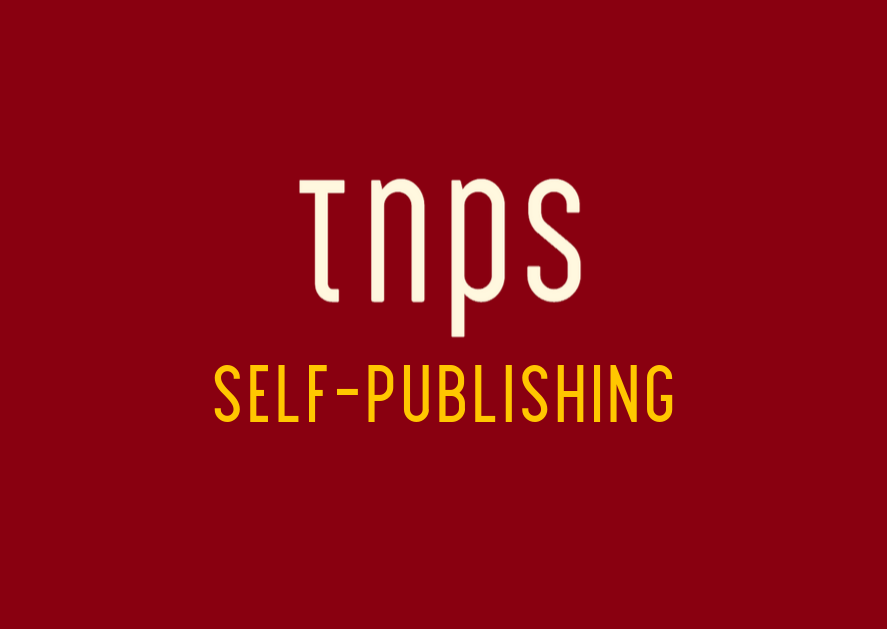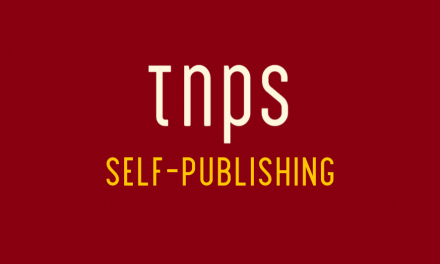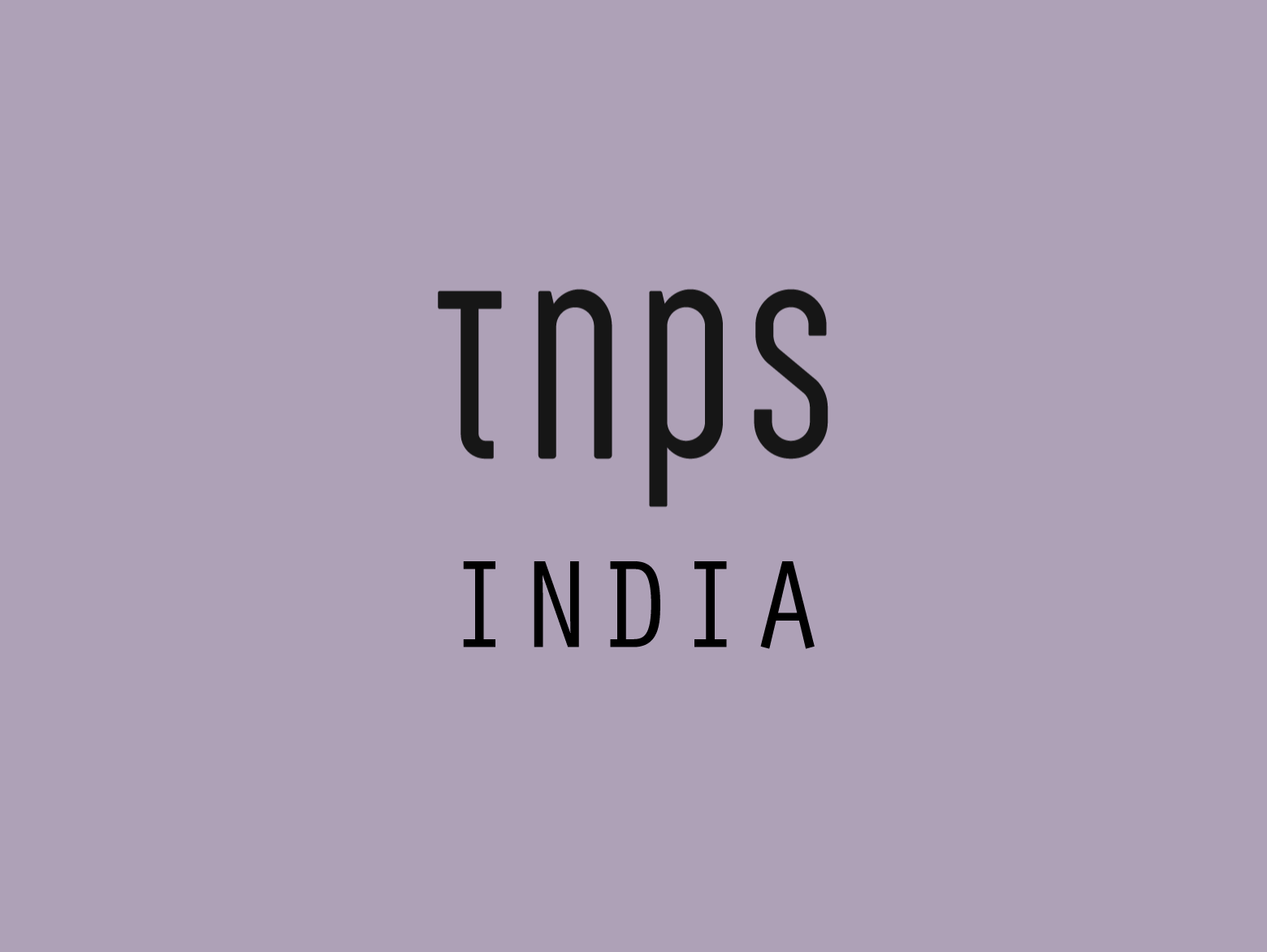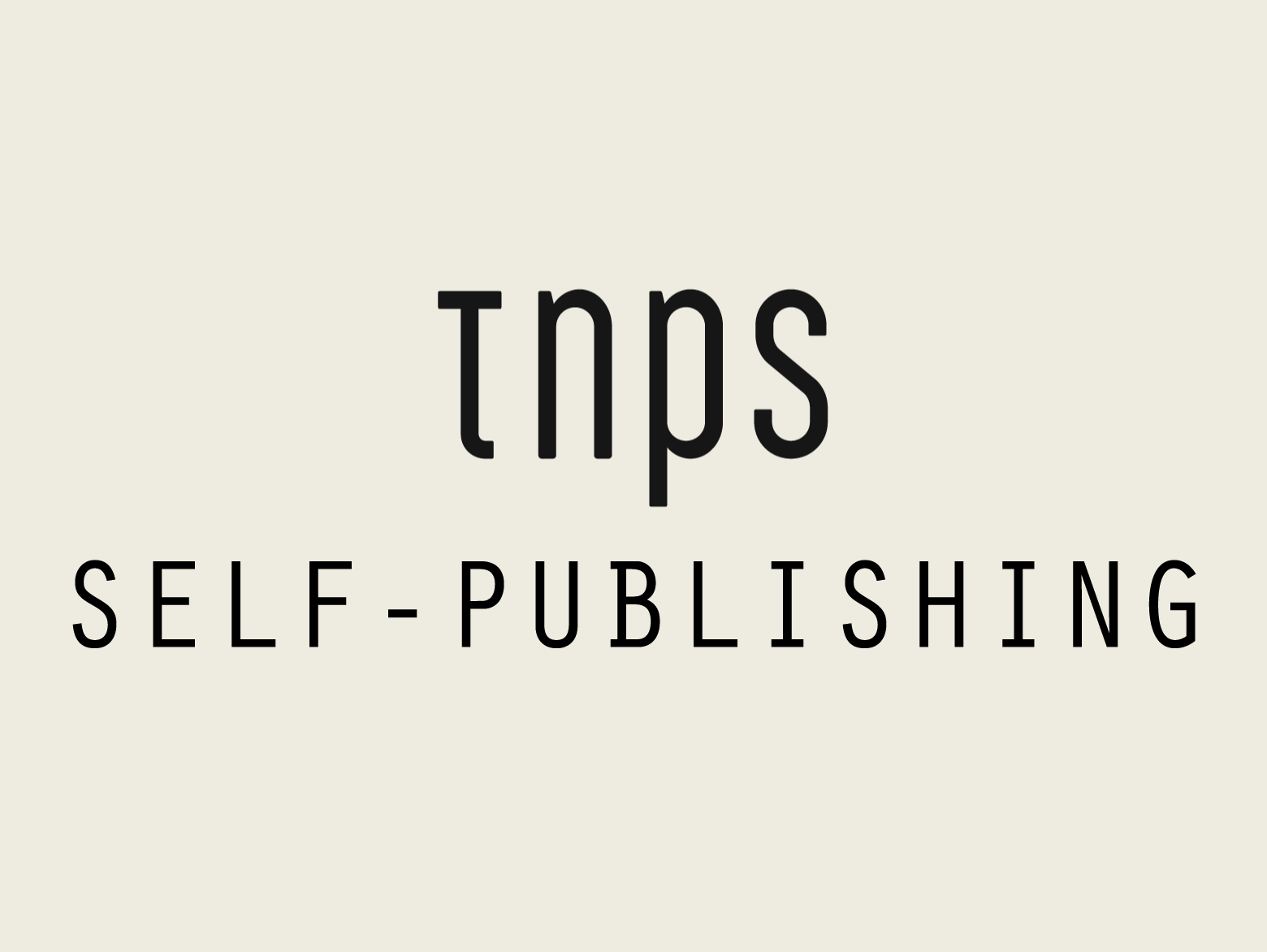Just as musicians make their subscription money by volume of downloads, so subscription publishers make their money by volume of pages turned. In February Amazon’s Kindle Unlimited paid out, in “royalties” to self-publishing authors, $39.3 million, the lowest monthly payout since July 2021. In January it had peaked at $42.2 million.
The Alliance of Independent Authors (Alli) the UK-based self-publishers support organisation, will be marking its tenth anniversary at the London Book Fair this coming month.
Formed as a support group for self-publishing authors in the UK Alli (pronounced “ally” not “alley”) has grown to become an international organisation with both passion for, and clout in defence of, “indie authors” who prefer to bypass the wearisome and time-consuming agent-publisher route and go direct to retail with ebooks, audiobooks and print-on-demand paper books.
In some parts of the world self-publishing is still regarded as somehow second-rate and an act of desperation, but a huge number of authors in the UK, US, Europe and elsewhere make a comfortable living by self-publishing, and many have sales in the multi-millions.
Not that you’d know it reading the mainstream press, which routinely cites as gospel industry stats counters that assert ebook sales are falling, while making no attempt to assess the untracked sales happening via self-publishing authors, many of whom may not even have an ISBN to their name, but that often will be selling, and earning, more than many of their mainstream-published counterparts.
Of course ebooks are just part of the self-publishing authors’ armoury, and audiobooks and print-on-demand paper books add an extra layer to the self-publisher’s revenue streams, while the more successful indie authors often are able to operate as small presses and get to paper with larger print runs, although that of course stretches the definition of self-publishing to its limit, so let’s stick with ebooks for now.
Ebook sales of course are either stagnating or falling, per pretty much every industry report that only measures mainstream publishing, although even here the lines are blurred, not least because so many mainstream publishers have chosen to price ebooks on par with or even higher than their respective print editions.
There may be sound commercial reasons for doing so – not least attempting to reduce reliance on Amazon, which in most English-speaking countries totally dominates the ebook market. But whatever the good, bad or indifferent logic behind it, the result is ebook sales are artificially depressed and feed a faux narrative that consumers have lost interest in digital reading.
The reality is that ebooks continue to be extremely popular and in the self-publishing community, while there are of course winners and losers, it’s very clear ebooks are holding their own.
Not least in the ebook subscription services where price friction is reduced by offering unlimited consumption for a set monthly fee. In the US and UK one unlimited subscription service dominates the sector: Kindle Unlimited.
And while Amazon doesn’t share its numbers we do have one strong indicator of how the subscription service is doing, because each month, after the fact, Amazon publishes the monthly pot that is to be shared among the self-publishers who put their titles into the “KU” service.
I stress self-publishers because while Kindle Unlimited includes titles by top mainstream authors like JK Rowling, by Amazon’s own APub authors and by some mainstream presses, these titles enter KU via KEP (Kindle Enterprise Publishing) not KDP (Kindle Direct Publishing) and are paid not from the pot but by regular agreed payments per download.
For self-publishers and very small presses using KDP the payout is based on pages read.
Said amount varies each month, as set by Amazon, and per page it is a ridiculously low sum that makes subscription music payments look positively awesome – try this: $0.0042885952 was the per page payout for February.
But just as musicians make their money by volume of downloads, so subscription publishers make their money by volume of pages turned.
Likewise Amazon makes its money by volume, and while Amazon of course does not share how many ebooks it sells or how many ebooks are downloaded, it does share its monthly pot payouts to Kindle Unlimited authors loading via KDP.
In February Kindle Unlimited paid out, in “royalties” to self-publishing authors, $39.3 million, the lowest payout since July 2021. In January it had peaked at $42.2 million.
How many ebooks does that equate to? Your guess is as good as mine, but $42.2 million paid out on a $0.0042885952 per page rate would give us 979,341,673 pages and taking 200 pages as an average ebook length (in mind fantasy will be much longer, romance likely shorter and children’s books shorter still) would give us 3.9 million mostly self-published ebooks downloaded through the KU service in February.
If January and February numbers hold we are looking at around $40 million per month in pot payouts – or $480 million being paid out to self-publishers in 2022.
That’s based on actual Amazon-issued numbers. The number of ebooks is more speculative, of course, but if we take the 3.9 million ebooks per month estimate across the coming year we are looking at 46.8 million ebook downloads of mostly self-published books.
And remember we are here talking about just Kindle Unlimited, not a la carte retail sales on Amazon by self-publishers, and we are not even beginning to factor in the a la carte, subscription and digital library downloads and sales from other platforms beyond Amazon, nor the audiobooks and POD books self-publishers stream revenue from.
None of these self-published ebooks are tracked by Nielsen and co., and none of these self-published books are included in the monthy and annual book sales counts offered by the national publishing associations.
The true scale of the self-publishing industry is unknowable, and unsurprisingly many in the industry – especially publishers who rely on contracted authors – are happy to keep it that way.
But for self-publishing authors pocketing as much as 70% of the cover price, being indie is not so much an act of desperation as an act of business acumen.
This article first appeared in the LinkedIn Pulse newsletter TNPS – The View From The Beach.






eBook sales have been falling ever since ebooks were introduced. That’s been my take. As they said on The Wire, we have to juke the stats. Nobody counts my sales except me. The same is true for all indie authors. Extrapolating pages read give a ballpark for that program. But actual sales? Amazon knows– and there are still significant sales, especially romance, on Apple books and other platforms. After weathering the indie storm, publishing now pretty much ignores the indie world, which is fine. I’ve been in this business thirty years and I’ve seen outright lies on numbers and a lot of fudging of figures. I don’t care. What I care about is the checks that come every month.